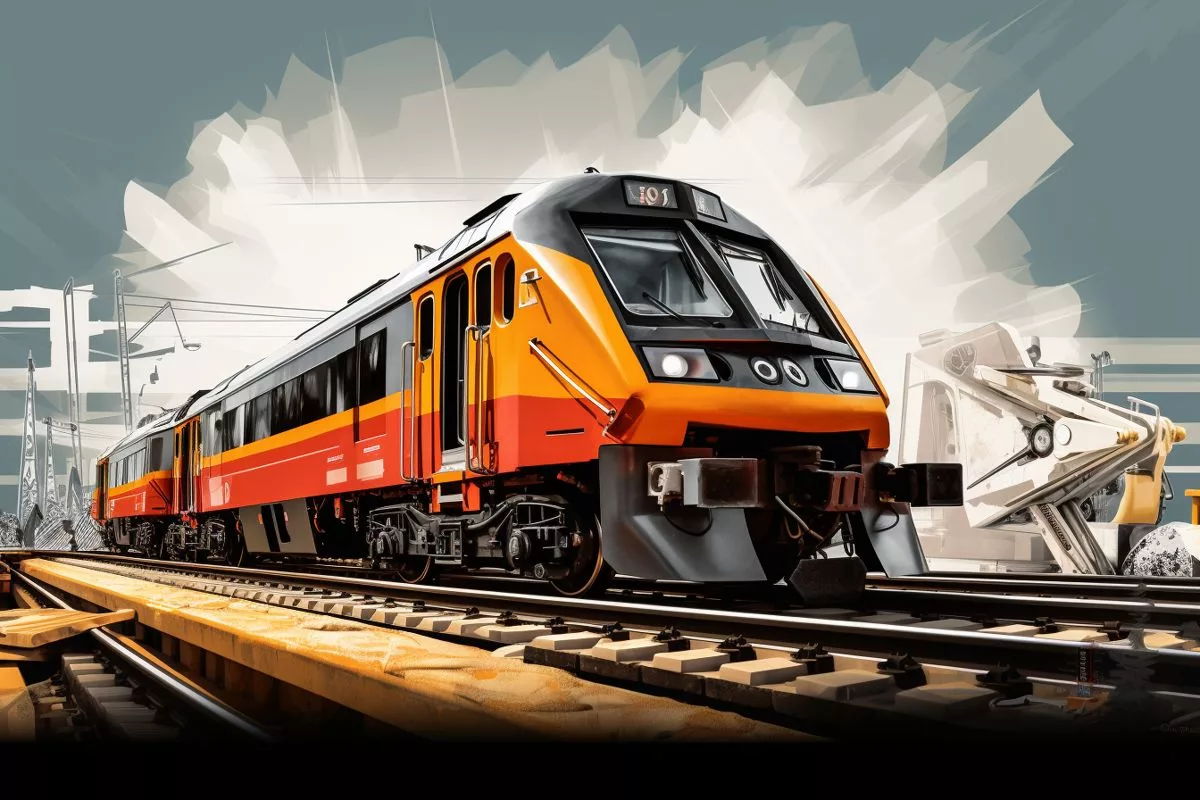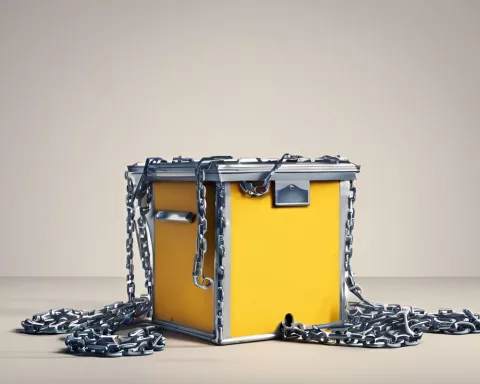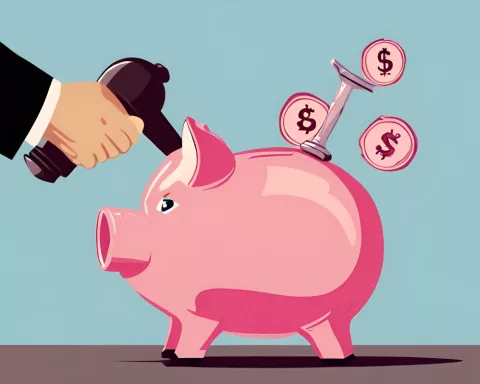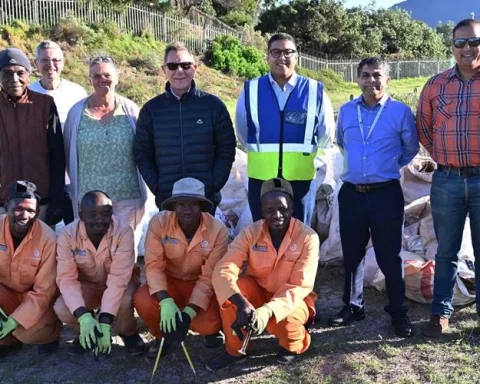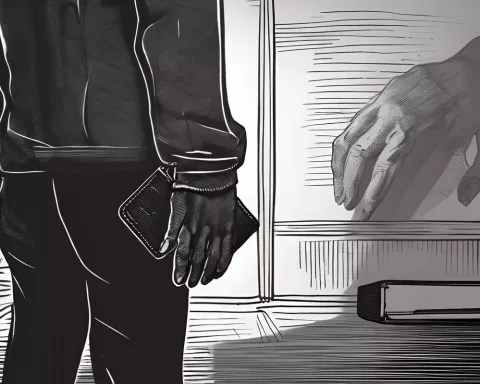President Cyril Ramaphosa’s leadership has steered South Africa towards economic recovery despite facing challenges such as corruption and stagnant growth. The country has made notable progress, including creating over 1.2 million job opportunities, improving access to basic services, resuming operations on commuter rail corridors, increasing private investment in electricity generation, and recovering and returning R5.4 billion to the state. With ongoing partnerships and reforms, South Africa is poised for further growth and a brighter future.
What progress has South Africa made towards economic recovery under President Cyril Ramaphosa’s leadership?
Despite facing numerous barriers such as corruption and stagnant economic growth, South Africa has made progress towards economic recovery under President Cyril Ramaphosa’s leadership. This includes creating over 1.2 million job opportunities, resuming operations on commuter rail corridors, increasing private investment in electricity generation, and recovering and returning R5.4 billion to the state. Additionally, millions of South Africans have access to basic services like housing, electricity, water, and sanitation, demonstrating progress in addressing the population’s basic needs.
South Africa’s Journey Towards Economic Recovery
In a recent national address, South African President Cyril Ramaphosa drew parallels between the country’s economic recovery and the recent triumphs of the national rugby and cricket teams. He emphasized the importance of unity and determination in overcoming obstacles. This article delves deeper into the advancements made in various sectors under President Ramaphosa’s guidance and the growing sense of hope and optimism in South Africa.
Three years ago, the Economic Reconstruction and Recovery Plan was launched with the objectives of revitalizing South Africa’s economy, generating employment, and enhancing the living standards of citizens, especially in light of the COVID-19 pandemic’s destructive impact. Despite numerous barriers, such as stagnant economic growth and corruption, there are evident signs of progress.
For example, millions of South Africans now have access to essential services like housing, electricity, water, and sanitation. Additionally, the proportion of households in formal dwellings rose from 78% in 2011 to 89% in 2022. These accomplishments demonstrate the government’s progress in addressing the population’s basic needs.
Job Creation and Infrastructure Development
Regarding job creation, the Presidential Employment Stimulus has created over 1.2 million opportunities, marking the largest expansion of public employment in South Africa’s history. Furthermore, the number of employed individuals has risen by two million in the past two years, nearing its pre-pandemic level.
In the realm of infrastructure development, numerous significant projects are in progress, including social housing, road construction, rural bridges, and dam constructions. The Passenger Rail Agency of South Africa has resumed operations on 26 out of 40 commuter rail corridors and plans to invest R50 billion over the next three years to modernize the nation’s passenger rail network.
Addressing the Energy Crisis and Combating Crime
In an effort to resolve the ongoing energy crisis, the Energy Action Plan, announced by President Ramaphosa in 2021, has produced favorable outcomes. Regulatory reforms have encouraged increased private investment in electricity generation, resulting in a decrease in the intensity and frequency of load shedding. The installed rooftop solar capacity has more than doubled to over 4,500 MW in the past year, signifying progress in addressing the energy crisis.
To combat crime and corruption, the South African Police Service has created 20 Economic Infrastructure Task Teams to safeguard critical infrastructure and tackle illegal activities. Over 3,000 arrests have been made for illegal mining, and numerous illegal mines and unregistered second-hand dealers have been closed down. The National Prosecuting Authority (NPA) Investigating Directorate has brought 34 state capture and corruption cases to court, involving 205 accused individuals. The Asset Forfeiture Unit has recovered and returned R5.4 billion to the state.
Fiscal Responsibility and Collaborative Approach
To maintain a sustainable fiscal path, the government is dedicated to stabilizing debt levels and implementing a prudent fiscal policy. The forthcoming Medium-Term Budget Policy Statement by the Minister of Finance will outline the government’s strategies for achieving this path while preserving essential services like health, education, and policing.
In addressing the nation’s challenges, the government continues to forge meaningful partnerships with key stakeholders in various sectors such as energy, logistics, crime and corruption, and employment. The ongoing collaboration with organized labor and civil society cultivates a comprehensive strategy to tackle South Africa’s significant issues.
While there is still much work to be done, President Cyril Ramaphosa’s leadership and the united efforts of all South Africans have begun to yield tangible results in various sectors. The ongoing reforms in energy, logistics, and employment generation will foster South Africa’s economic growth in the coming years, providing a stable electricity supply, an efficient railway system, and more job opportunities for its citizens.
As South Africans rally behind their sports teams, they can also draw inspiration from the progress made under President Cyril Ramaphosa’s leadership. Like the triumphant Springboks, South Africa possesses the determination and dedication to overcome any obstacle and create a society that benefits all its people. With unity, resilience, and hope, the nation can continue on its path of economic recovery and inclusive growth.
1. What is the Economic Reconstruction and Recovery Plan launched by President Cyril Ramaphosa?
The Economic Reconstruction and Recovery Plan launched by President Cyril Ramaphosa three years ago aims to revitalize South Africa’s economy, generate employment, and enhance the living standards of citizens, especially in light of the COVID-19 pandemic’s destructive impact.
2. What progress has South Africa made in terms of access to basic services?
Millions of South Africans now have access to essential services like housing, electricity, water, and sanitation. Additionally, the proportion of households in formal dwellings rose from 78% in 2011 to 89% in 2022, demonstrating progress in addressing the population’s basic needs.
3. How many job opportunities have been created under the Presidential Employment Stimulus?
The Presidential Employment Stimulus has created over 1.2 million job opportunities, marking the largest expansion of public employment in South Africa’s history.
4. What significant infrastructure projects are in progress in South Africa?
Numerous significant infrastructure projects are in progress, including social housing, road construction, rural bridges, and dam constructions. The Passenger Rail Agency of South Africa has resumed operations on 26 out of 40 commuter rail corridors and plans to invest R50 billion over the next three years to modernize the nation’s passenger rail network.
5. What is the Energy Action Plan announced by President Ramaphosa?
The Energy Action Plan announced by President Ramaphosa in 2021 aims to resolve South Africa’s ongoing energy crisis by encouraging increased private investment in electricity generation, resulting in a decrease in the intensity and frequency of load shedding. The installed rooftop solar capacity has also more than doubled to over 4,500 MW in the past year.
6. What has the South African Police Service done to combat crime and corruption?
The South African Police Service has created 20 Economic Infrastructure Task Teams to safeguard critical infrastructure and tackle illegal activities. Over 3,000 arrests have been made for illegal mining, and numerous illegal mines and unregistered second-hand dealers have been closed down.
7. What is the government’s strategy for achieving a sustainable fiscal path?
To maintain a sustainable fiscal path, the government is dedicated to stabilizing debt levels and implementing a prudent fiscal policy. The forthcoming Medium-Term Budget Policy Statement by the Minister of Finance will outline the government’s strategies for achieving this path while preserving essential services like health, education, and policing.
8. What is the collaborative approach taken by the South African government in addressing the nation’s challenges?
To address the nation’s challenges, the government continues to forge meaningful partnerships with key stakeholders in various sectors such as energy, logistics, crime and corruption, and employment. The ongoing collaboration with organized labor and civil society cultivates a comprehensive strategy to tackle South Africa’s significant issues.

